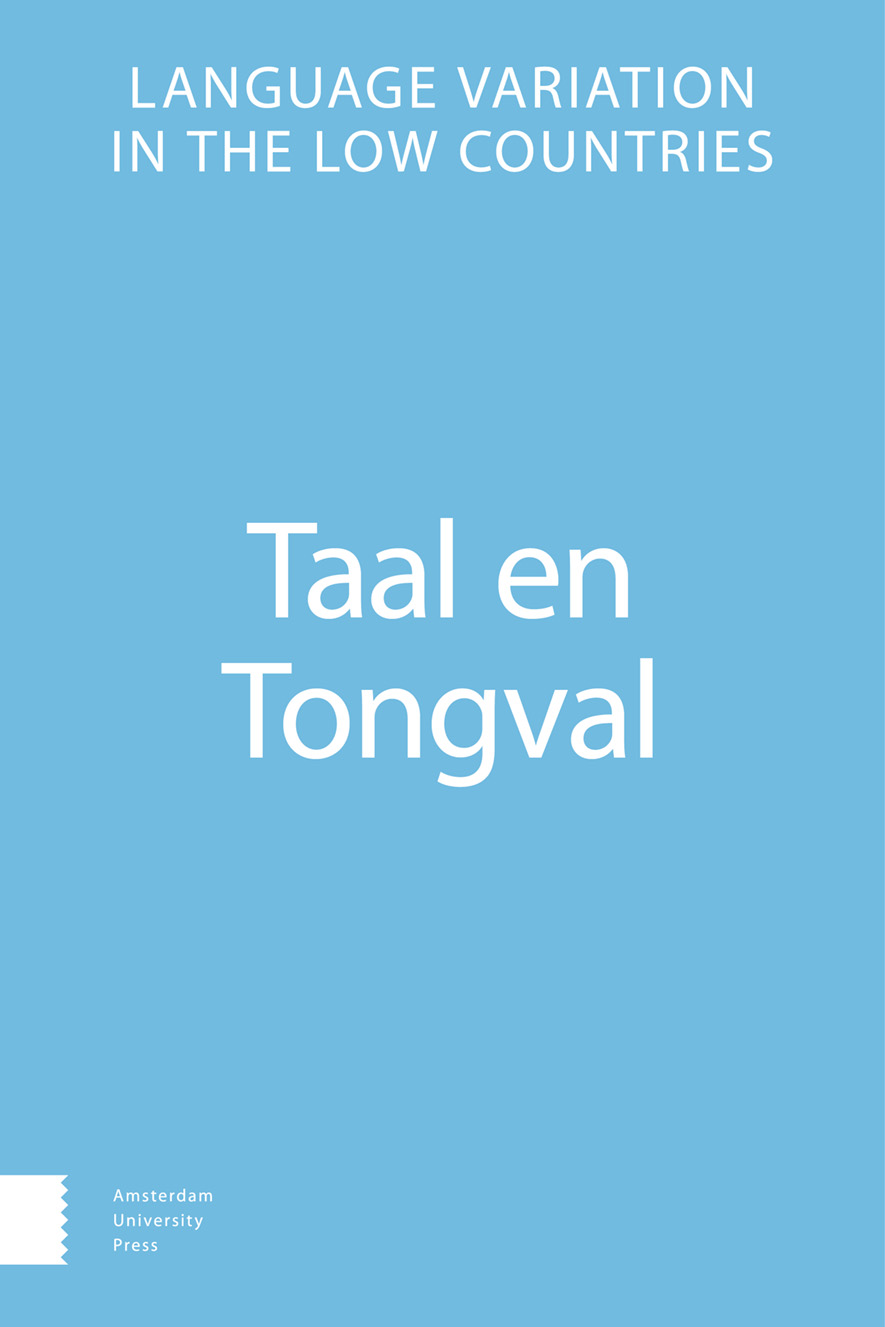-
oa Taalaccommodatie in Vlaanderen. Een onderzoek naar het taalgebruik van jongeren binnen de peer group en in contact met niet-streekgenoten
- Amsterdam University Press
- Source: Taal en Tongval, Volume 62, Issue 2, jan. 2010, p. 163 - 203
Samenvatting
The language situation in Flanders is and always has been unique. Varying from many different base dialects to a standard language, the Flemish language continuum makes an interesting topic of linguistic study. However research from the perspective of language accommodation theories is not widely spread. Nonetheless, this type of research proves to open new possibilities to learn more about the use of language in Flanders. Based on a corpus of conversation recordings, we examined the informal speech of adolescents from two different provinces in Flanders, namely Limburg and West Flanders. We investigated if and how the speech of the informants changed when in conversation with their peer group and when brought into contact with informants from another region in Flanders. To do this, we analyzed the data on three variables, being the diminutives, the personal pronouns and the indefinite article. The results show a difference in the degree of accommodation between the two groups of informants. We noticed much more accommodation in the speech of the adolescents from Oostende whose informal speech in the peer group is still very close to the traditional dialect. The informants from Limburg, who use a leveled out form of dialect, stick closer to their way of speaking when brought into contact with the informants from the other province. The accommodations (or lack of accomodations) prove of a Brabant background. This may also enforce some of the existing theories about the so called „tussentaal‟.


